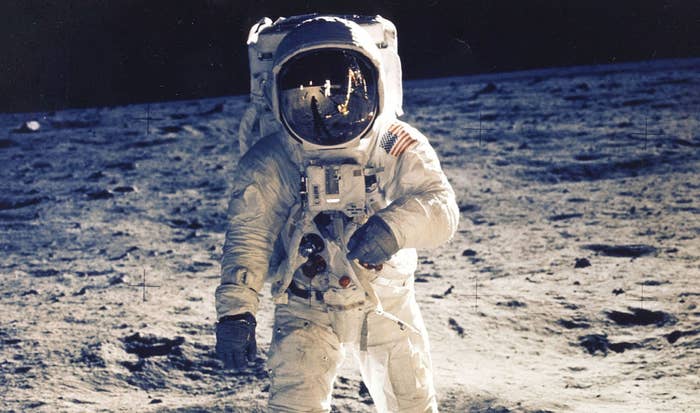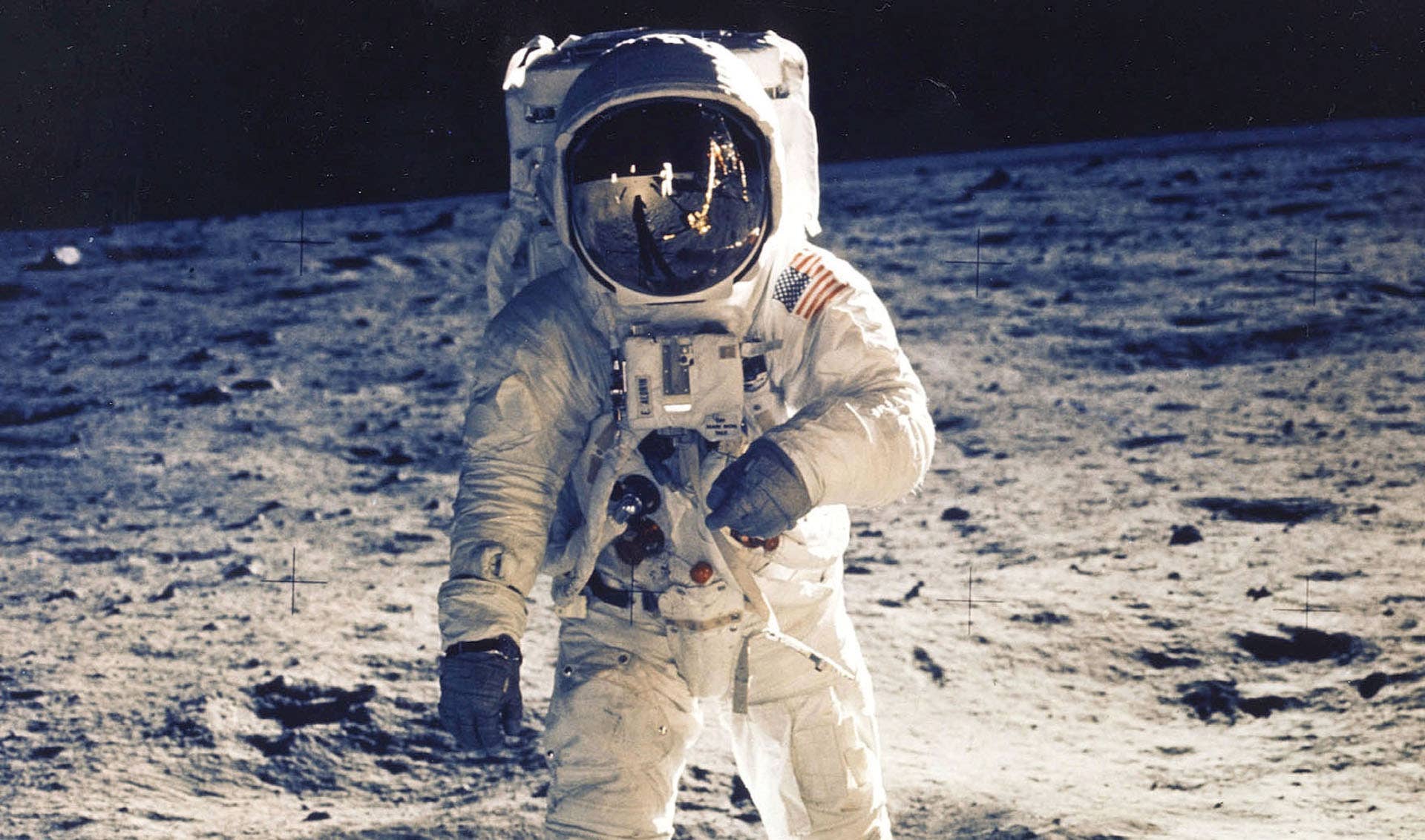
NASA confirmed on Monday that, as New Scientist writes, water "may be more abundant and accessible than previously thought," and that it could be used by astronauts in the future. Two seperatestudies have concluded that there's definitive proof of water, leading to hope for a base on the surface of the moon.
A team at the University of Colorado, Boulder fronted by Paul Hayne utilized camera images and temperature measurements from NASA's Lunar Reconnaissance Orbiter to examine colder, darker regions of the moon. These areas are believed to be the most likely to contain ice since there's less exposure to sunlight. Initially scientists indicated there was plenty of evidence to back up claims there's water on the moon, but the "cold traps" Hayne's team found indicate that there's clearly ice, and more of it than expected.
"We’re seeing billions and billions of these cold traps at scales that haven’t been seen before," said Hayne. "That presents an opportunity to extract ice much more readily. We think this is revolutionary in terms of what will be possible for astronauts on the moon."
It wasn't until the 2000s that the general perception of the moon as waterless was widely challenged, with studies as recent as 2018 showing that ice deposits were found at the moon's poles.
Previously scientists thought these "cold traps" of ice were only in exceptionally deep and wide craters, but the micro–cold traps cover around 0.1 percent of the surface. It has been suggested that future trips to the moon could see astronauts use the water for hydration, or to possibly refuel their rockets. In fact, if the water is abundant enough, NSA could sustain a lunar base later down the line.
"The amount of water is roughly equivalent to a 12-ounce bottle of water in a cubic metre of lunar soil," said NASA's Casey Honniball, a postdoctoral fellow at the Goddard Space Flight Center in Maryland.
Bethany Ehlmann, assistant professot of planetary science at Caltech, told the Washington Post that today's news "deepen[s] the mysteries of lunar water while providing pieces of the puzzle."

